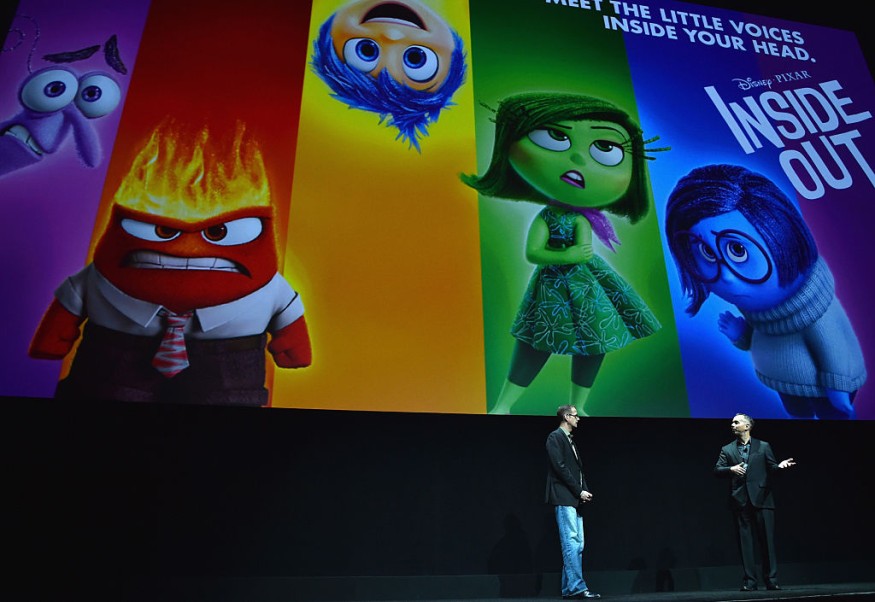The #CoreMemory trend on TikTok and Instagram explores the concept of "core memory," which holds emotional value, such as weddings, graduations, and significant events.
The concept of "core memories" has gained popularity in mainstream culture, first introduced in the 2015 film Inside Out. These memories, considered to be the five most significant ones, are believed to have a profound impact on shaping one's personality, behaviors, and identity, as they represent events of utmost importance in a person's life.

What Is a Core Memory?
The Pixar film, 'Inside Out,' tells the story of an 11-year-old girl's emotions driven by five significant memories. As per a blog post by Peachey Counselling, the movie effectively emphasizes the importance of memories but fails to acknowledge that humans are not limited to just five core memories, and they are no more valid than others.
Presently, people are embracing the trendy notion of core memories, sharing videos and pictures of what they consider as their core memories or anticipating becoming one. Although people cannot predict what will truly become a core memory, it is natural to reminisce about the past and cherish old memories, and this trend taps into people's nostalgic sentiments.
Does the Core Memory Affect Personality?
While memories are crucial to people, they do not solely determine someone's personality. Psychologists and cognitive scientists discuss three main functions of autobiographical memory: the self function, which helps us understand our identity through past experiences; the social function, where sharing memories helps us bond with others; and the directive function, where memories aid in learning from the past and solving future problems.
Certain prominent memories may hold significance for a person's identity, like winning a state volleyball championship that shapes one's self-perception as an athlete. However, the underlying personality traits remain relatively stable despite individual memories.
More so, memories are subject to alterations as people often forget details, leading the brain to reconstruct them by filling in gaps. This phenomenon is evident in cases of amnesia, where memory loss does not necessarily change one's personality.
While certain life experiences can impact our perspectives and interactions with the world, memories alone are not intrinsic to the development of our personalities. They can be powerful and shape parts of our identity, but our underlying personality traits remain relatively stable.
Core Memories Could Be Faulty As Much As Other Memories
Core memories and flashbulb memories are often portrayed as vivid, unchangeable snapshots of the past, but in reality, Science Alert reported that all memories are prone to change, forgetting, and errors, even when they pertain to significant events. Flashbulb memories, such as those related to major historical events, are highly vivid but still subject to the same fallibility as other memories.
Memory's capacity for error stems from the reconstructive nature of the recall. When memories are encoded, the brain retains the general essence of the event and some specific details.
However, during retrieval, the brain reconstructs the memory by piecing together the core elements and filling in any missing details. This reconstruction process introduces the potential for changes, emotional shifts, and reinterpretation of an event's significance.
For example, the joyous memory of getting engaged to a beloved partner can be reshaped if the relationship later fails. The reconstructive memory process may introduce new negative emotions, altering the original memory. This phenomenon illustrates that our memories are not static, unaltered records of the past are instead influenced by our current emotions and interpretations.
RELATED ARTICLE: Short-term Memory Illusions: Study Suggests Human Memory May Be Unreliable After Just a Few Seconds
Check out more news and information on Psychology in Science Times.









